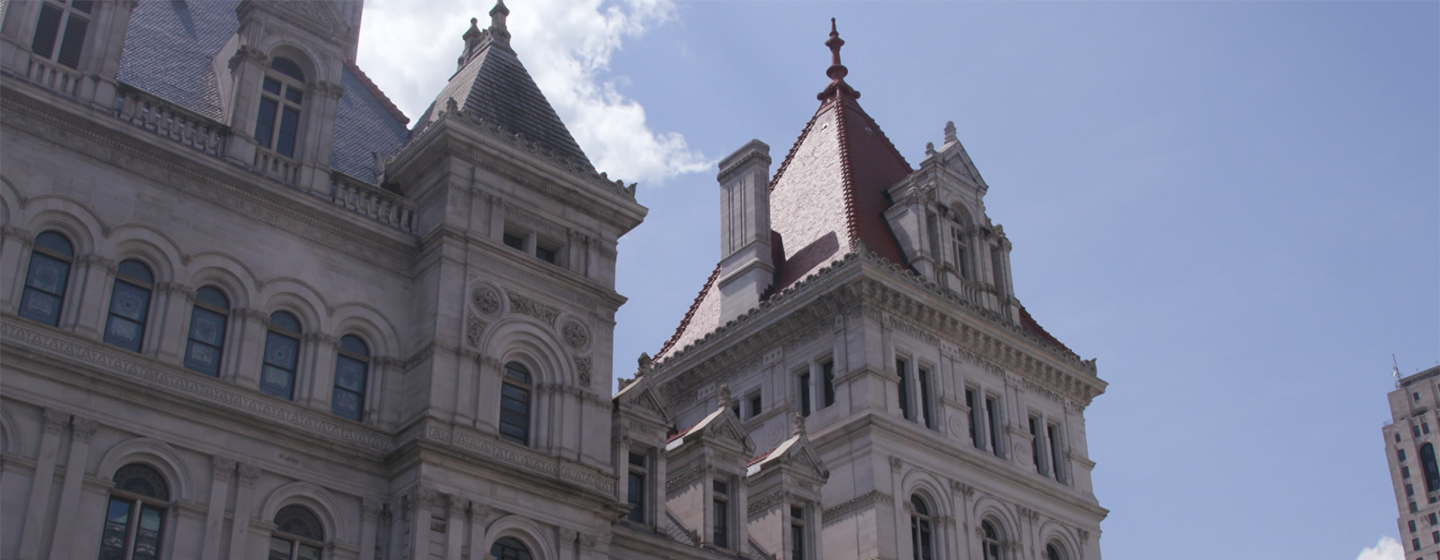Supporters of NY HEAT Act Ask Hochul To Make the Measure Part of Her Budget

Supporters of NY HEAT Act Ask Hochul To Make the Measure Part of Her Budget
Supporters of a bill that would move New York more quickly to clean energy sources say the torrential rain that flooded parts of New York City last week is one more example of climate change causing more severe weather.
The measure is known as the New York Home Energy Affordable Transition Act, or HEAT Act. It would end over $200 million dollars in subsidies for the state’s oil and gas industry by eliminating the so-called 100-foot rule.
That requires utilities to install new gas lines for free to hook up customers who live within 100 feet of an existing gas main. But rate paying customers — not the utility — shoulder the cost. Critics argue the rule unfairly advantages choosing gas, which often comes from fracked sources, over cleaner forms of energy.
The bill would also cap energy bills at 6% of income for low- and middle-income families, saving those households an estimated $75 per month.
Advocates, including Sonal Jessel with the group We Act for Environmental Justice, say Friday’s record rainfall, which inundated part of New York City, came after floods from Hurricane Ida two years ago, damaging rainfall in the Hudson Valley over the summer, and smoky air from Canadian wildfires. She says the incidents can’t just be accepted as “the new normal.”
“These events are only getting more frequent and more severe. We have to get off fossil fuels now,” said Jessel, who said the measure would start to “get New York off the polluting, outdated fracked gas pipeline system that supercharges storms like the one we just had.”
Justin Henning, a resident of the Gowanus section of Brooklyn, says when he picked up his young daughter from school Friday, the bus they were riding home in encountered a pond of water in the road that was two-and-a-half feet deep. After the water started seeping into the bus, he says he picked up his daughter and jumped up on the seat.
“My daughter was scared, she didn't know what was going on,” Henning said. “It's just it's really tough to go through that.”
The bill passed the state Senate but stalled in the Assembly. The oil and gas industry opposes the measure.
Senate sponsor Liz Krueger, whose Manhattan district was affected by Friday’s flooding, is among those asking Governor Hochul not to wait for the Assembly to act, but to instead incorporate the provisions of the NY HEAT Act into her next state budget.
“Friday's experience of crisis wasn't even a big storm. It's just what they're calling heavy rain,” Krueger said. “In the new normal. Heavy rain can do that much damage, because frankly, our infrastructure is not there to meet our needs.”
Krueger says costs for upgrading the city’s sewer systems to withstand the more intense rainfall could be $100 billion dollars.
Senator Krueger and the advocates say the legislation would also help New York carry out the goals of its 2019 Climate Change Act (Climate Leadership and Community Protection Act).
A spokesman for Governor Hochul, Avi Small, did not comment directly on the request. He said only that the governor “looks forward to releasing the details of her Executive Budget next year, as required by law.”
Related

New York State Leaders Say They Are Making Gains on Addressing Teen Mental Health
Many teenage New Yorkers are struggling more with their mental health since the pandemic. Karen DeWitt takes a look at what the state government is doing to alleviate the crisis.


